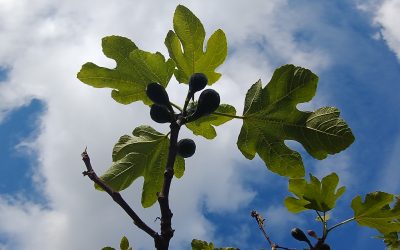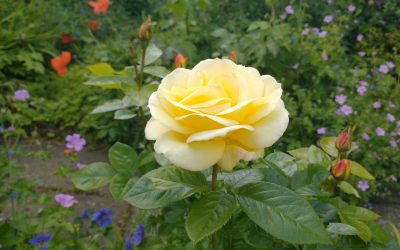Yesterday’s Guardian Review carried a fascinating article by Michael Church, editor of ‘The other classical musics – fifteen great traditions’, a new assortment of essays by Church and other world music experts published by Boydell Press (who also publish my books). As well as describing great musical traditions, Church points out that because of changing geo-political realities, many of those traditions are endangered, or are even being driven out of existence.
Many parts of the world have their own ‘classical musics’ which owe their existence to a combination of supporting circumstances – “classical music will typically evolve in a stable society where a wealthy class of connoisseurs has sponsored its creation by professionals. It will have had the time and space to develop rules of composition and performance, and to allow the evolution of a canon of works, or forms”, Michael Church writes.
He refers to the belief that there is a ‘religious’ element to this type of music, its composers, performers and listeners seeking to be in touch with higher forces. “The image of music coming down from the gods, and being sent back up to them – with professional performers as bearers of the sacred flame – is to be found in every civilisation.” This very belief has made various kinds of classical music – and musicians – vulnerable.
A few years ago I thought of writing a similar book. I set my Google search to deliver up articles about classical music wherever they appeared. The result was a frankly alarming cascade of laments from around the world. People reported their fear that local forms of ‘classical music’ were fading away. Sometimes there was a ray of hope in the form of an initiative to keep classical traditions alive by setting up after-school clubs to teach the music and the instruments to children. But equally often there was no after-school club, just an interview with an elderly master of an instrument that nobody else in the village knew how to play.
I started to keep notes on countries where ‘classical music’ was endangered, but the list became long and I began to realise that the reasons for the situation were too varied and complex for a non-expert like me to explain. But the whole picture is still of great interest to me, so I am glad that ‘The other classical musics’ has been published, even if I felt sober after reading the end of Michael Church’s article:
“Folk musics will continue to burst forth as they always have done. But with classical music, what we have may be all we’ll get, so we should treasure it.”




Here I go… Commenting again 🙂
As usual you make an excellent point. I live in Egypt and can attest that local ‘traditional’ classical music is living and thriving here. From the north of the country right down to Nubia in the south its many styles are still learned, listened to and played.
The great beacon of Arab music also still shines bright: Om Khulthum may sound to European listeners a bit like a cow giving birth on first acquaintance but she unified the many strands of Arab music in an almost Bachian way. She was the singer who Maria Callas looked up to the most – apparently – and her 3 hour songs (heard every night on the radio in truncated, one hour versions) continue to provide hope to all generations of Arab listeners. We don’t really have an equivalent to the ‘Star of the East’, contemporaneous with The Beatles but delivering more impassioned music, most of it classical poetry, with more quarter tones and complex rhythms than most Western composers have been able to imagine!